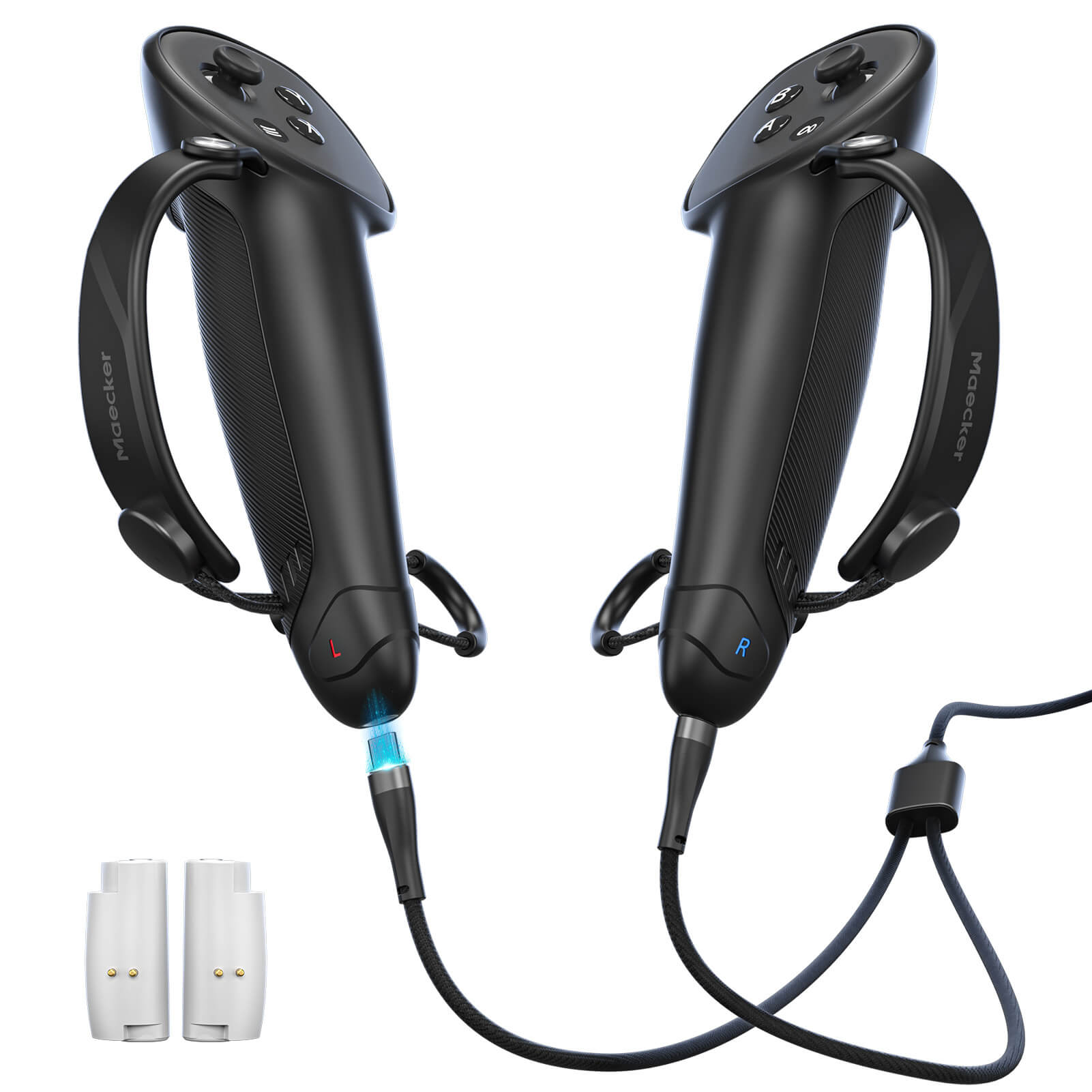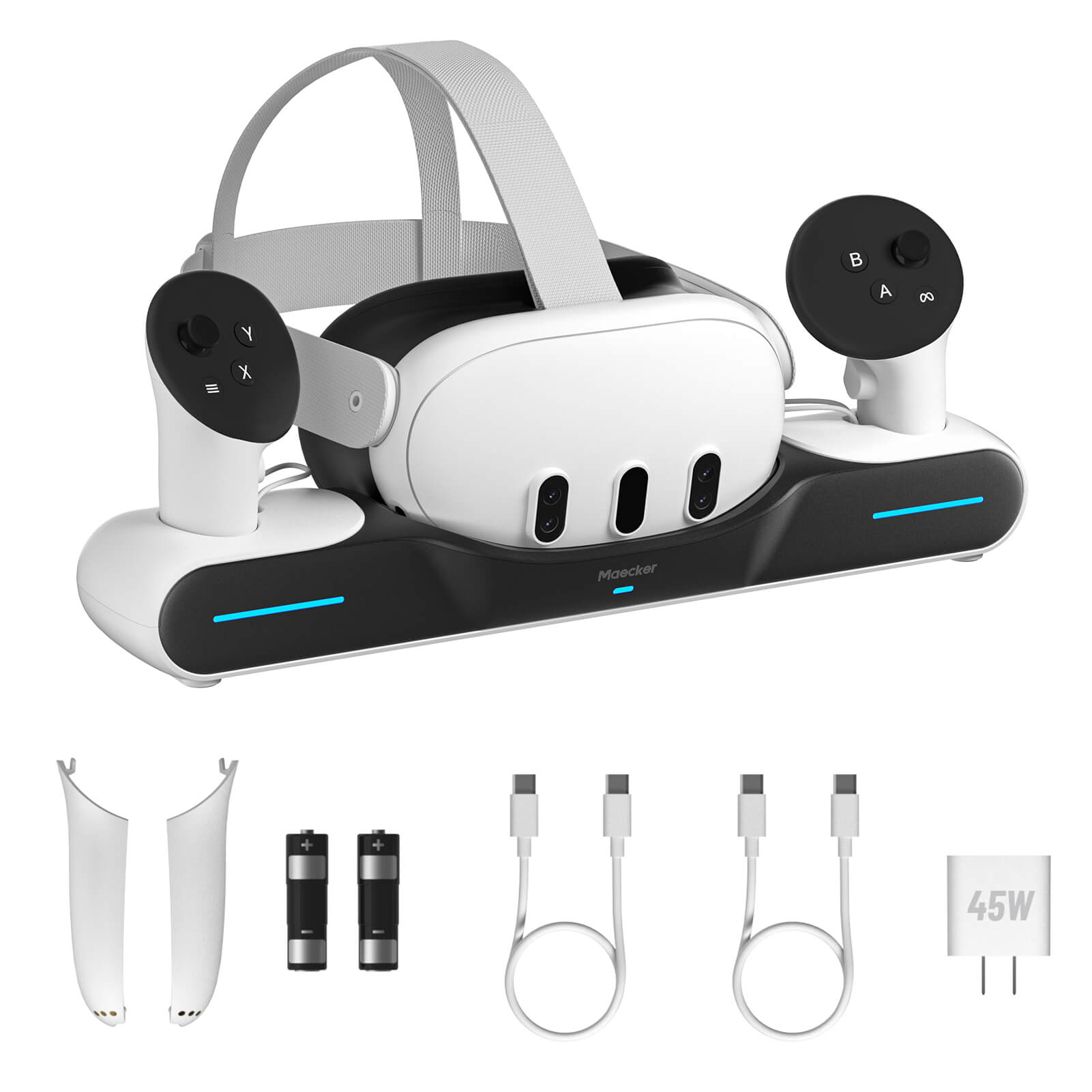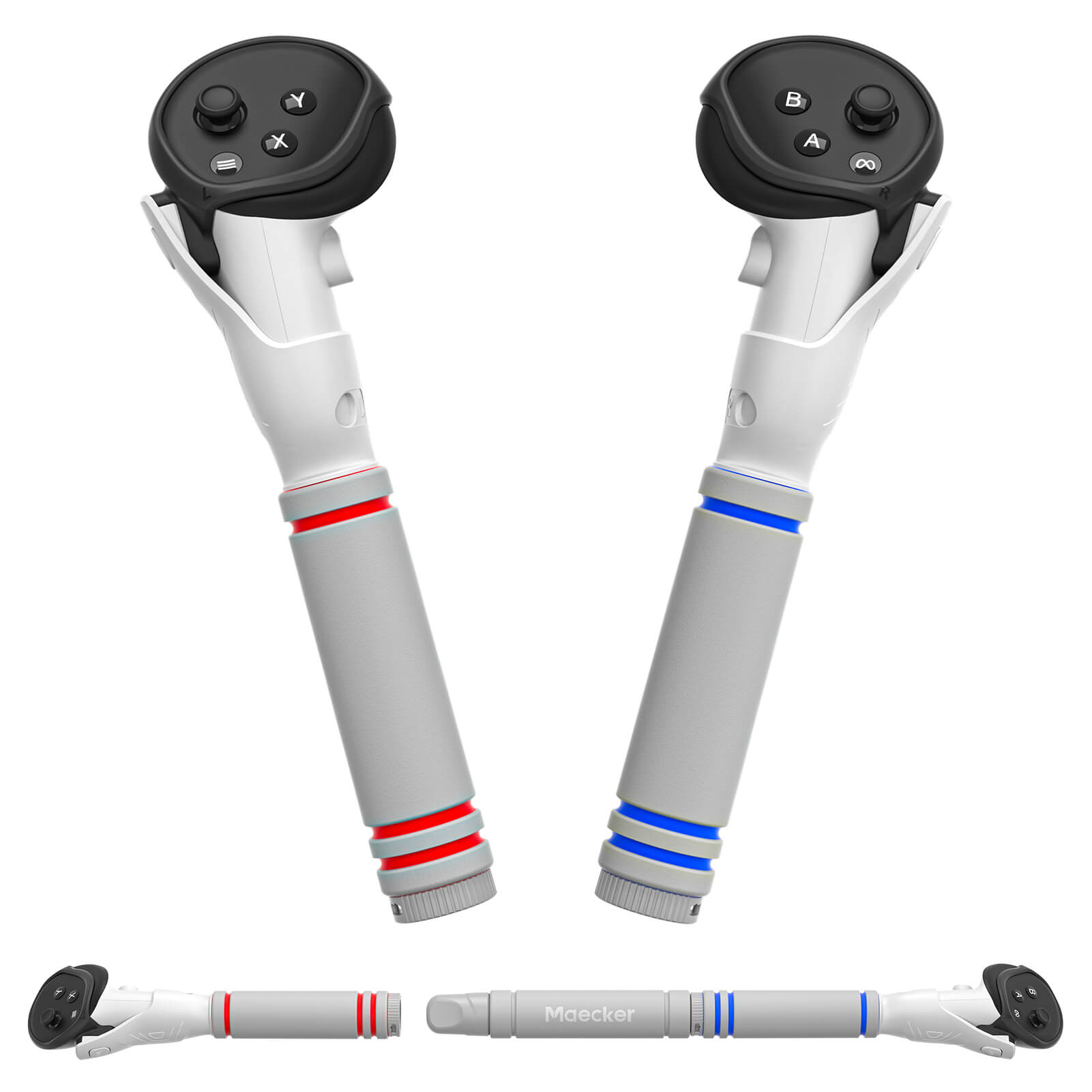Meta's Orion AR glasses have taken a significant step forward in the augmented reality world. Although still in prototype form, Orion represents a breakthrough that could redefine the future of AR technology. While these specific glasses won't hit the market, they are laying the groundwork for Meta’s future consumer AR glasses. Early impressions suggest they could become the most advanced AR glasses available once launched.
This article will explore everything we currently know about the Meta Orion AR glasses, from their design and features to expected price and release date.
The Vision Behind Meta Orion AR Glasses

The primary goal behind the Orion AR glasses is to create a seamless experience that merges the physical world with digital information. Meta CEO Mark Zuckerberg envisions a future where AR glasses like Orion are used for two key purposes: to communicate using digital content overlaid on the real world and to interact with AI in a natural way.
During a demonstration at Meta Connect 2024, the Orion prototype displayed the potential to overlay digital labels and instructions on real-world objects. For example, when given ingredients on a table, Orion was able to identify them and suggest a smoothie recipe by placing virtual tags over the items and displaying a recipe guide in a floating window. This ability to blend the physical and digital realms is a glimpse of what these glasses could offer in everyday life.
Design
Orion AR glasses are designed to be both powerful and lightweight. At just 100 grams (around 3.5 ounces), the current prototype is impressively light for AR hardware, and Meta plans to make them even slimmer for the final consumer version.
The company is partnering with EssilorLuxottica, the parent company of Ray-Ban, to combine the functionality of AR with stylish eyewear design. Meta wants Orion to be not just a tech gadget but something fashionable enough for everyday use.
A potential challenge lies in balancing weight and functionality. For example, one prototype featuring a clear frame had heat distribution issues, limiting its battery life to just 30 minutes compared to the standard two to three hours. Meta is actively working to overcome these issues, aiming for longer battery life without adding bulk.
Lenses And Display
One of the standout features of the Orion glasses is the use of silicon carbide lenses. Unlike conventional plastic or glass lenses, silicon carbide is stronger, lighter, and has a high index of refraction, allowing light to be directed more efficiently across the lens. This means that the projected digital images appear more clearly in your field of view.
Inside the glasses, tiny Micro LED projectors beam graphics onto the lenses. This technology allows users to see holograms and other augmented content right in front of their eyes.
Meta’s approach with the Orion glasses aims to solve the typical problems AR headsets face, such as limited field of view or heavy, cumbersome displays. The glasses currently offer a 70-degree field of view, which, while not the widest available, is more than enough for daily interactions and activities.
Interaction And Control
The control system for Orion is as futuristic as its hardware. Users can control the glasses using a combination of voice commands, hand gestures, and eye movements. Meta is also developing an EMG wristband, which will allow for more advanced controls like swiping, clicking, and scrolling. This wristband enables interaction without needing physical touch, adding a level of convenience and intuitiveness to the user experience.
Meta’s goal is to make these interactions feel as natural as possible. For example, instead of using traditional methods like a remote or touchscreen, you could simply look at an object or gesture toward it to interact with the digital overlay. This seamless interaction between the user, AI, and the real world could redefine how we work, play, and communicate.
Software And Applications
Meta has yet to announce specific software that will be available for the Orion AR glasses but there are strong hints about its capabilities. During the 2024 Meta Connect, Zuckerberg demonstrated the use of holograms to communicate with others in real-time. This suggests that the Orion glasses will be built with social interaction in mind, making it easier to stay connected with friends and colleagues in an immersive way.
Additionally, the AR interfaces seen during demos hinted at practical uses like reading RSS feeds, streaming content from platforms like YouTube, and listening to music via apps such as Spotify. While these features may not be ready for public release just yet, it’s clear that Meta is working toward making Orion an essential tool for both work and entertainment.
Expected Price And Availability
Although Orion itself won’t be available for purchase, Meta has made it clear that a consumer version is in the works. According to Meta's chief technology officer Andrew Bosworth, the company is aiming for a price point similar to that of high-end smartphones or laptops.
This means that future AR glasses based on the Orion prototype will likely cost around $700 to $1,200, making them significantly more expensive than the Ray-Ban Meta smart glasses, which are priced at around $299.
As for a release date, Meta has been vague but hinted that we could see a consumer version within the next few years. The internal timeline suggests a release in late 2027, though delays are always possible as Meta continues to refine the design and technology.
Future Potential And Outlook
The Meta Orion AR glasses are still in their early stages but they represent a bold step toward the future of augmented reality. Meta is positioning Orion as a platform for developers to experiment with, creating software and hardware that will eventually lead to a consumer-ready product.
The potential use cases for Orion are vast, ranging from professional applications like virtual collaboration and remote assistance to personal uses like fitness tracking and entertainment. As Meta continues to innovate and improve, the final version of these AR glasses could be a game-changer for both personal and professional life.
For now, while waiting for the release of the Orion AR glasses, you can still experience Meta's cutting-edge technology through its VR headsets. The newly released Meta Quest 3S, for instance, offers immersive virtual reality experiences, giving users a taste of the future that blends virtual and augmented realities.
Recommended Meta Quest 3S Accessories
1. MaeckerVR Quest 3/3S Direct-Charge Controller Grips
2. MaeckerVR Quest 3S Battery Head Strap
3. MaeckerVR Quest 3S Prescription Lenses
Conclusion
Meta’s Orion AR glasses may not be available for sal, but they provide a fascinating look at the future of augmented reality. With advanced lenses, lightweight design, and seamless interaction features, the consumer version of these glasses could become one of the most powerful AR devices on the market.








